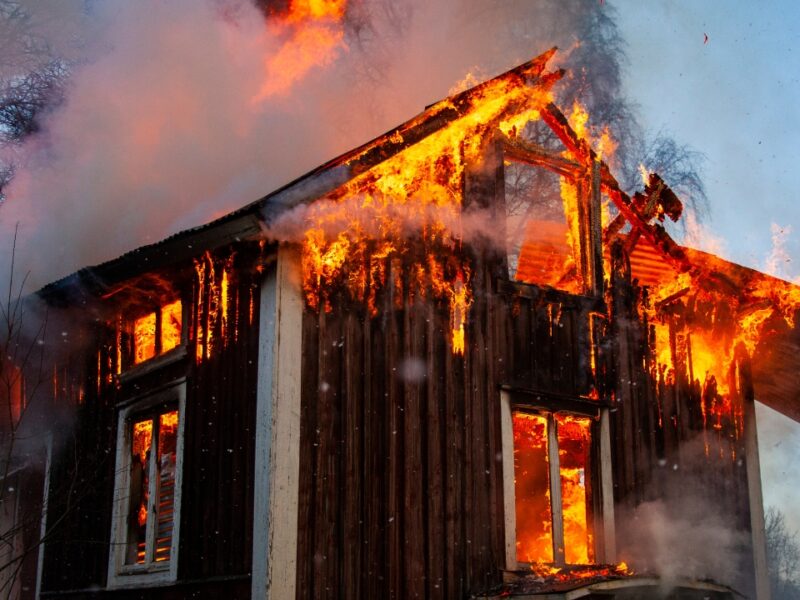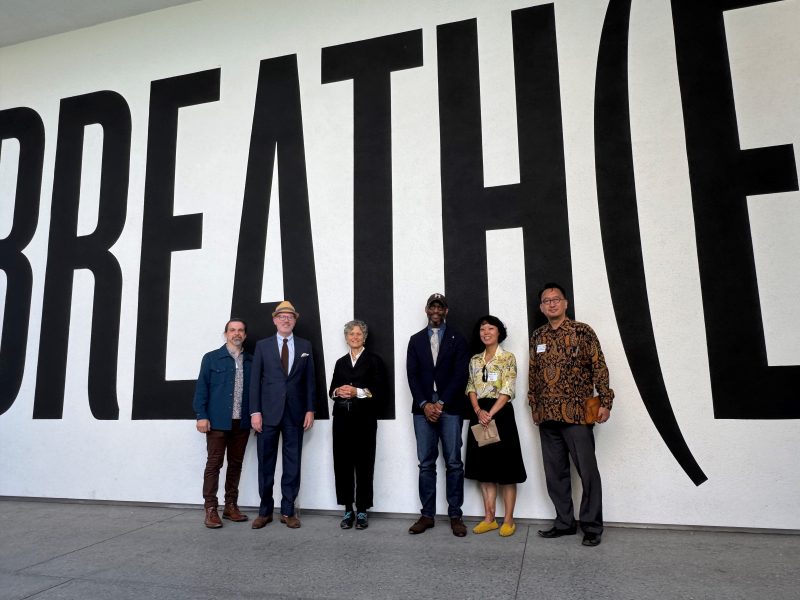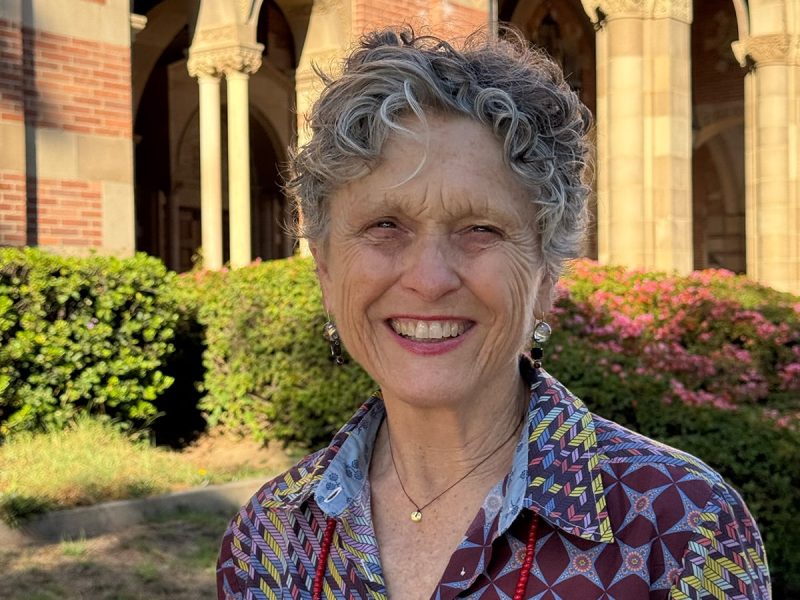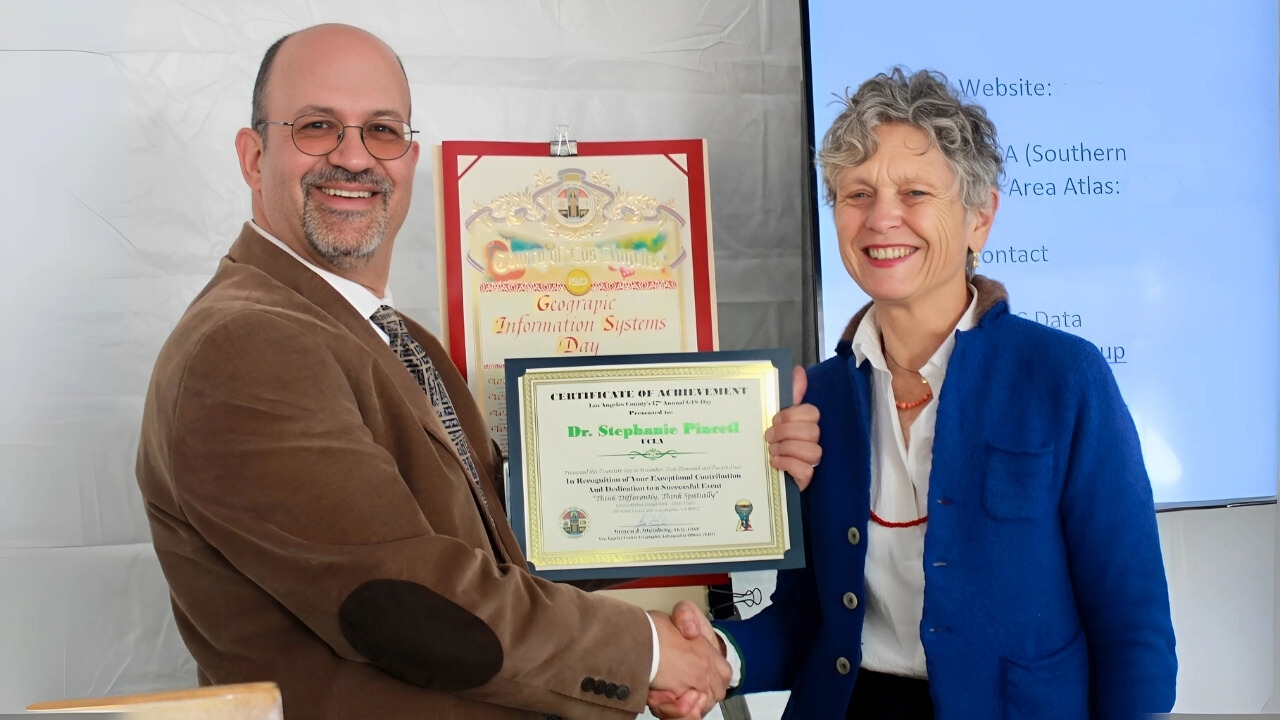
California Center for Sustainable Communities at UCLA
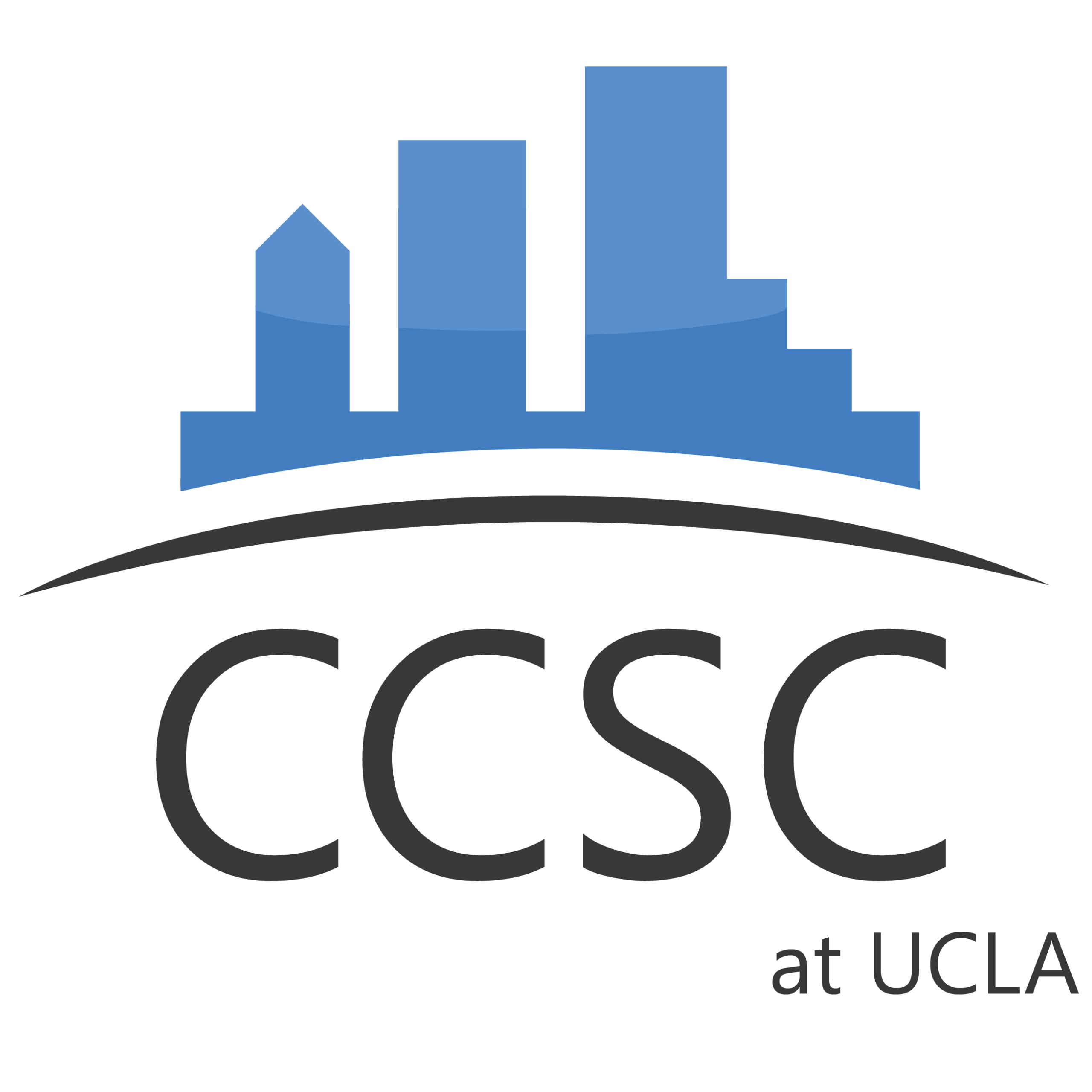


California’s clean energy leap: Easy electrification for most homes
New UCLA study finds most California homes can easily electrify without costly panel upgrades, thanks to strategic load management.

L.A. asks how to equitably achieve 100% clean energy by 2035 – and UCLA answers
In 2021, after the LA100 analysis laid out pathways for the city of Los Angeles to produce 100% renewable electricity, the City Council and Los Angeles Department of Water and Power committed…
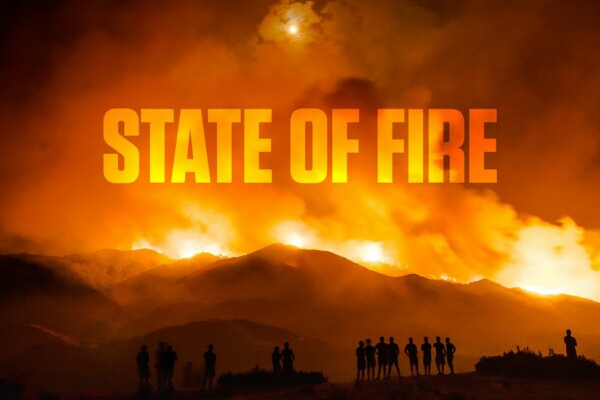
State of Fire
UCLA wildfire research reveals the patterns and future threats of blazes in California — and offers a foundation for how to face the flames.
NEWSROOM
Headline
Stephanie Pincetl for The Economist—How will calamity change Los Angeles?
UCLA IoES Professor Stephanie Pincetl discusses Los Angeles’ rebuilding efforts after the devastating wildfires for The Economist, asserting that the city should use this moment to address its housing crisis…
Transforming data into climate action: UCLA’s Stephanie Pincetl honored at LA County GIS Day
What if the key to solving climate change is hidden in the data we already have? Stephanie Pincetl believes the answer lies in connecting the dots.
Blog
CCSC hosts a workshop “Mapping the Conversation on Faith, Flourishing, and the Environment”
CCSC hosted a workshop "Mapping the Conversation on Faith, Flourishing, and the Environment," to discuss the conversation between faith and the environment and chart a direction for where the conversations need to go, including critical theoretical work (part historical, part synthetic), and also the empirical work needed for better understanding.
Headline
Opinion: A summer of extreme heat and wildfire shows the cost of human folly. CCSC’s Stephanie Pincetl in the LA Times.
As Greece attempts to recover from the recent destructive wildfires around Athens, Southern Californians facing our own heat wave should take note of the pattern that enabled them. It should be well-known by now: sprawl into the urban-wildland interface where development collides with nature, the corresponding replacement of grass, shrubs and other plants native to the area with many more trees for shade, then strain on the land thanks to drought, record high heat and wind, intensified by climate change. The conditions that led to the worst wildfires in Greece this year, burning 156 square miles, damaging more than 100 homes and causing at least one death, apply in Los Angeles too.
Announcements
California Public Utilities Commission project on distributed energy resources led by UCLA’s CCSC and LARC
The California Public Utilities Commission has selected the California Center for Sustainable Communities and the Los Angeles Regional Collaborative at UCLA IoES to lead a Data Working Group on Distributed…
California’s clean energy leap: Easy electrification for most homes
New UCLA study finds most California homes can easily electrify without costly panel upgrades, thanks to strategic load management.

